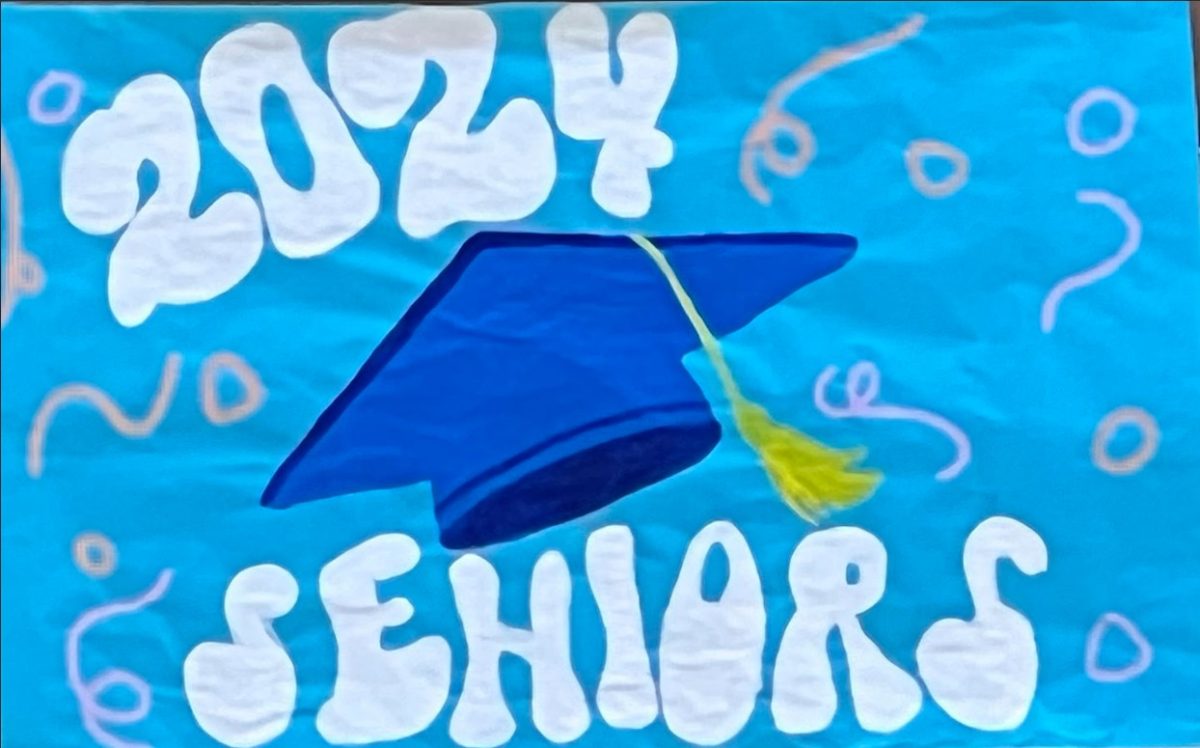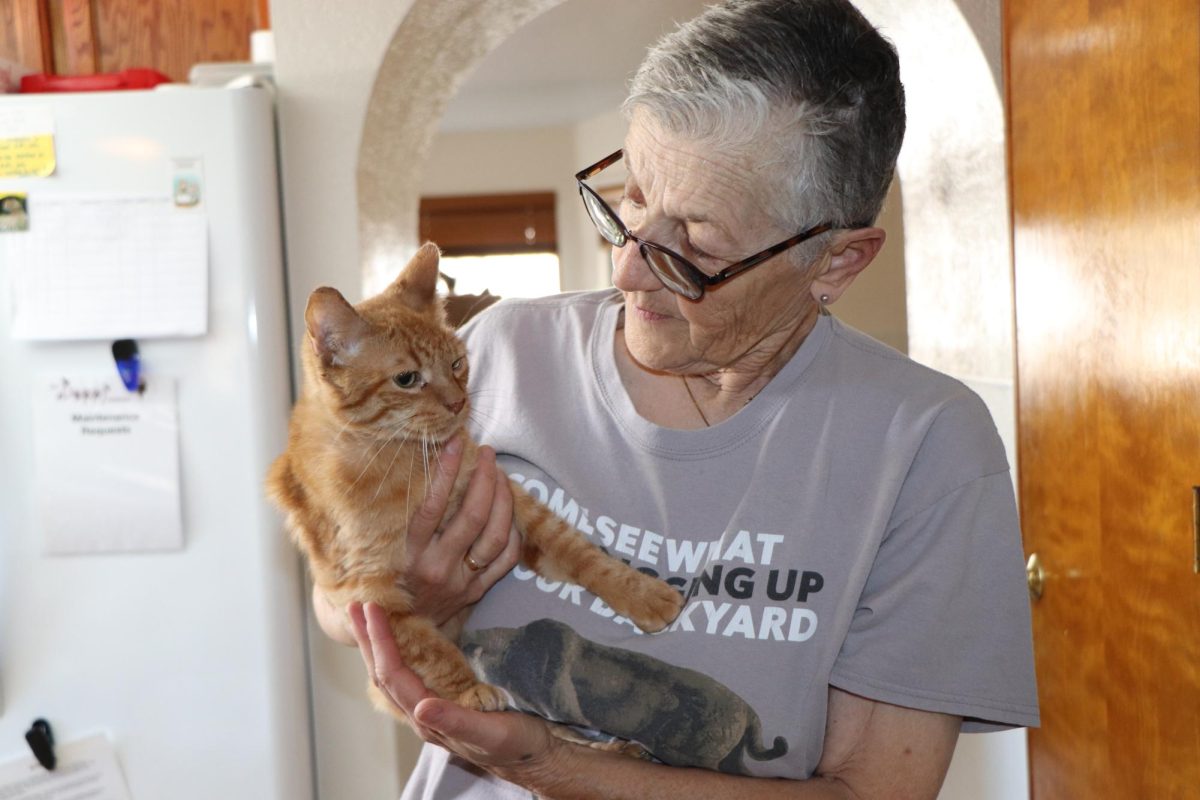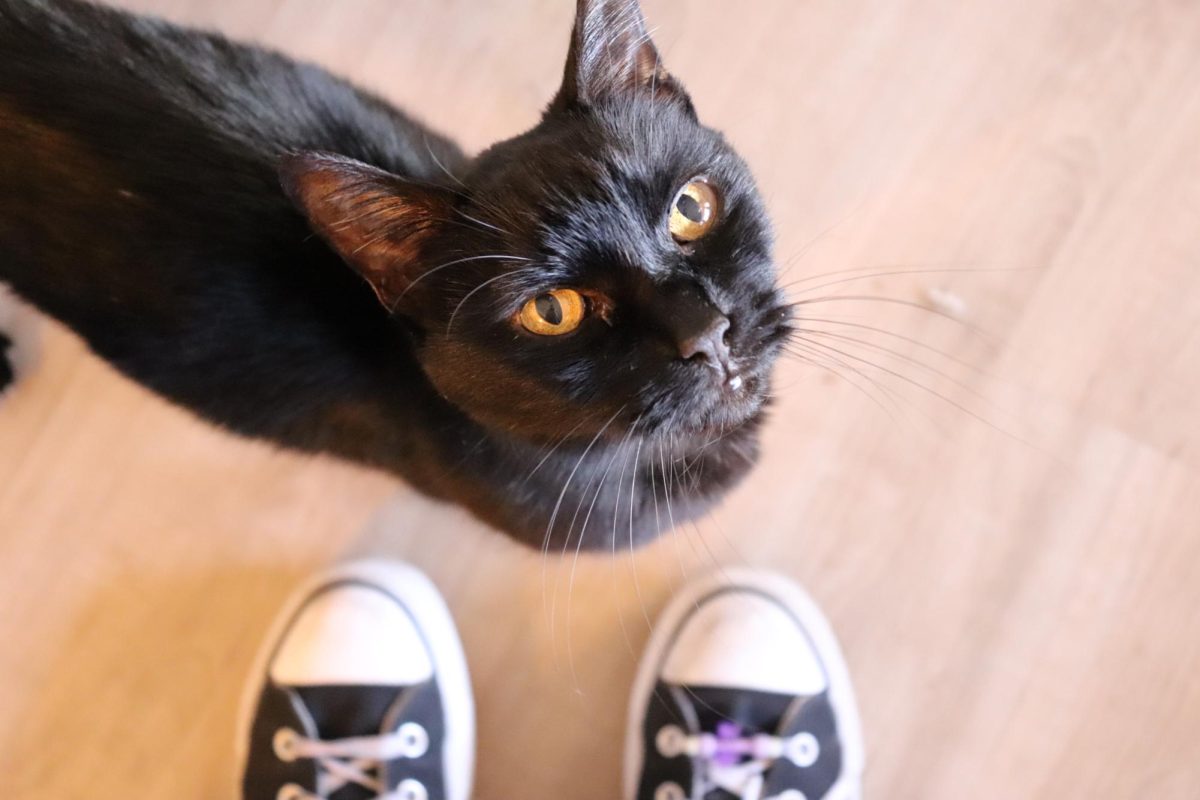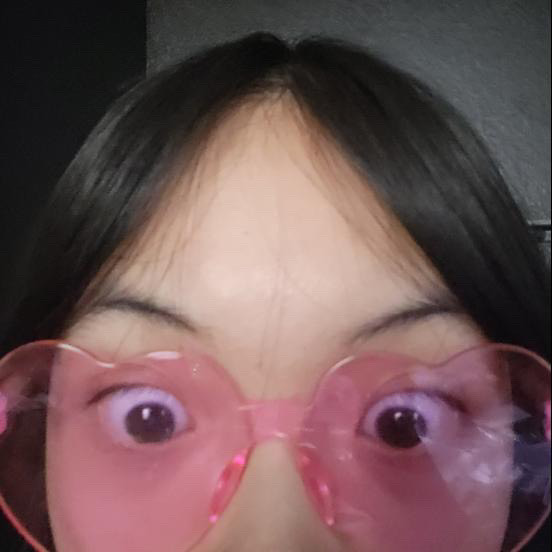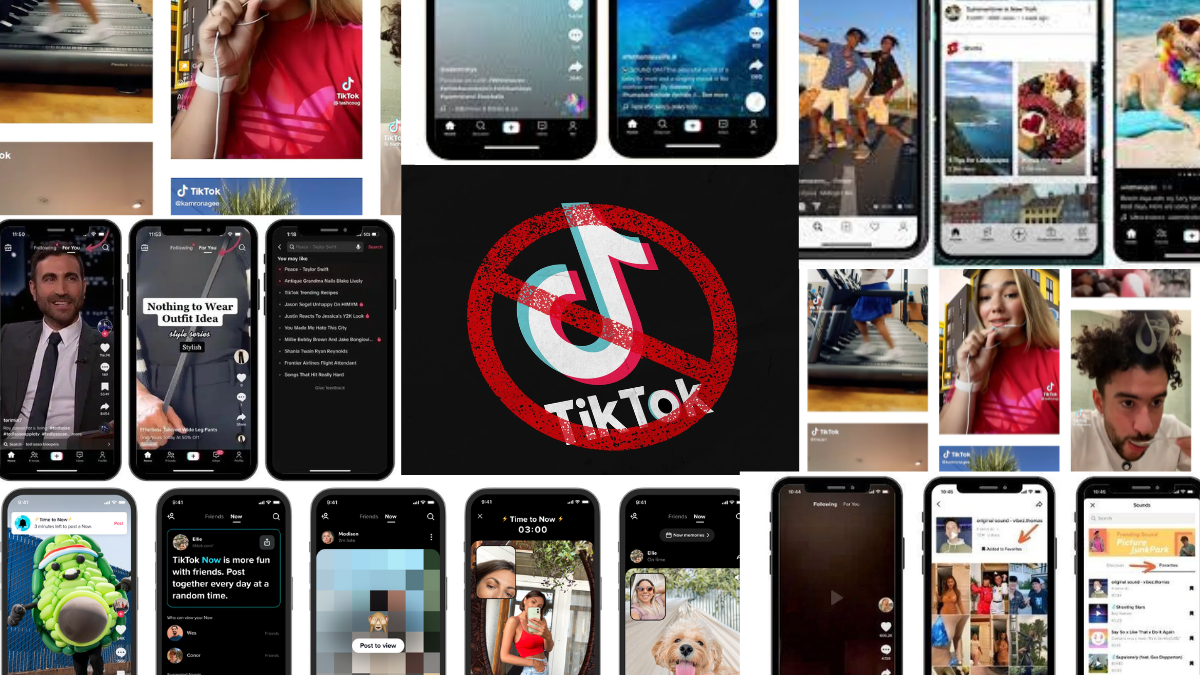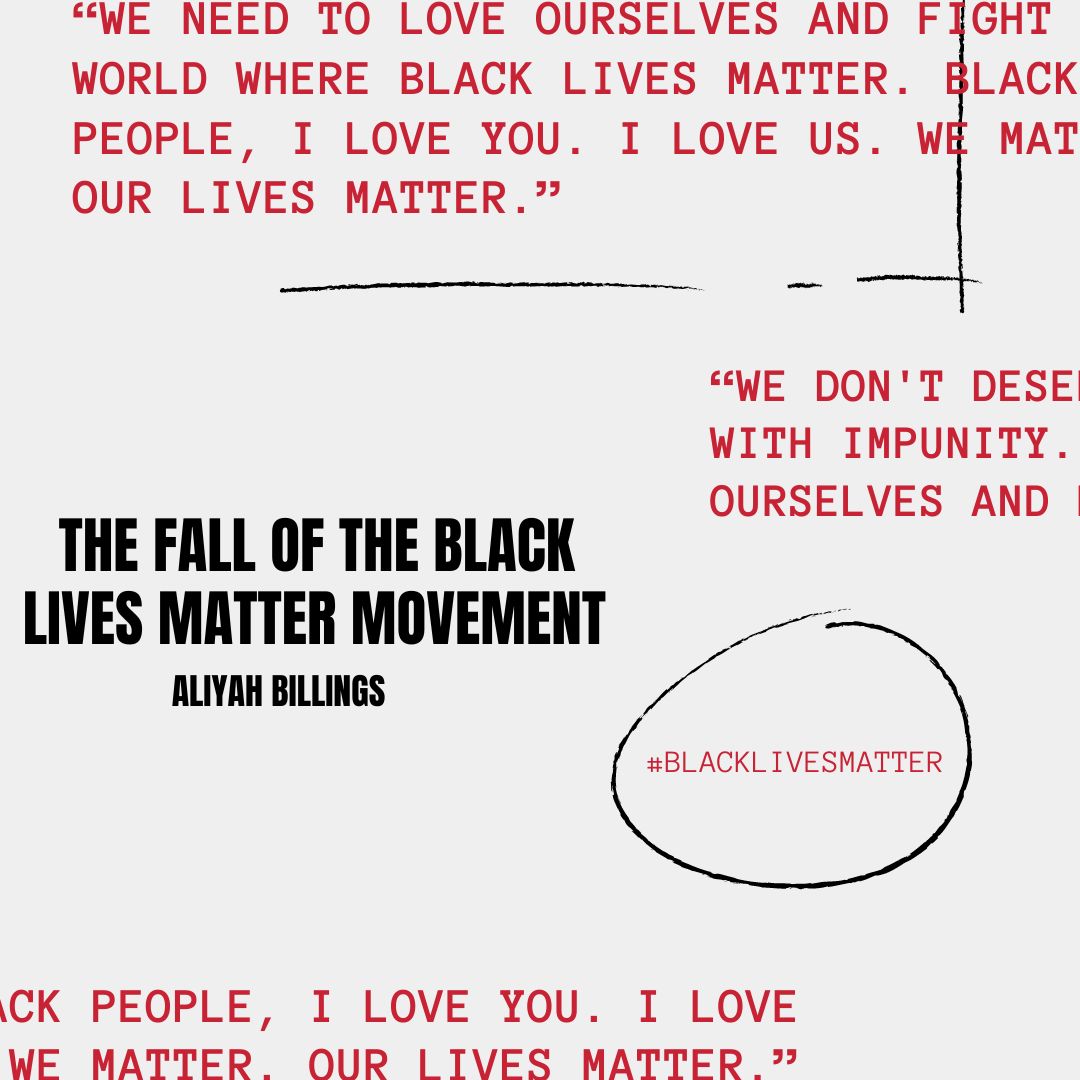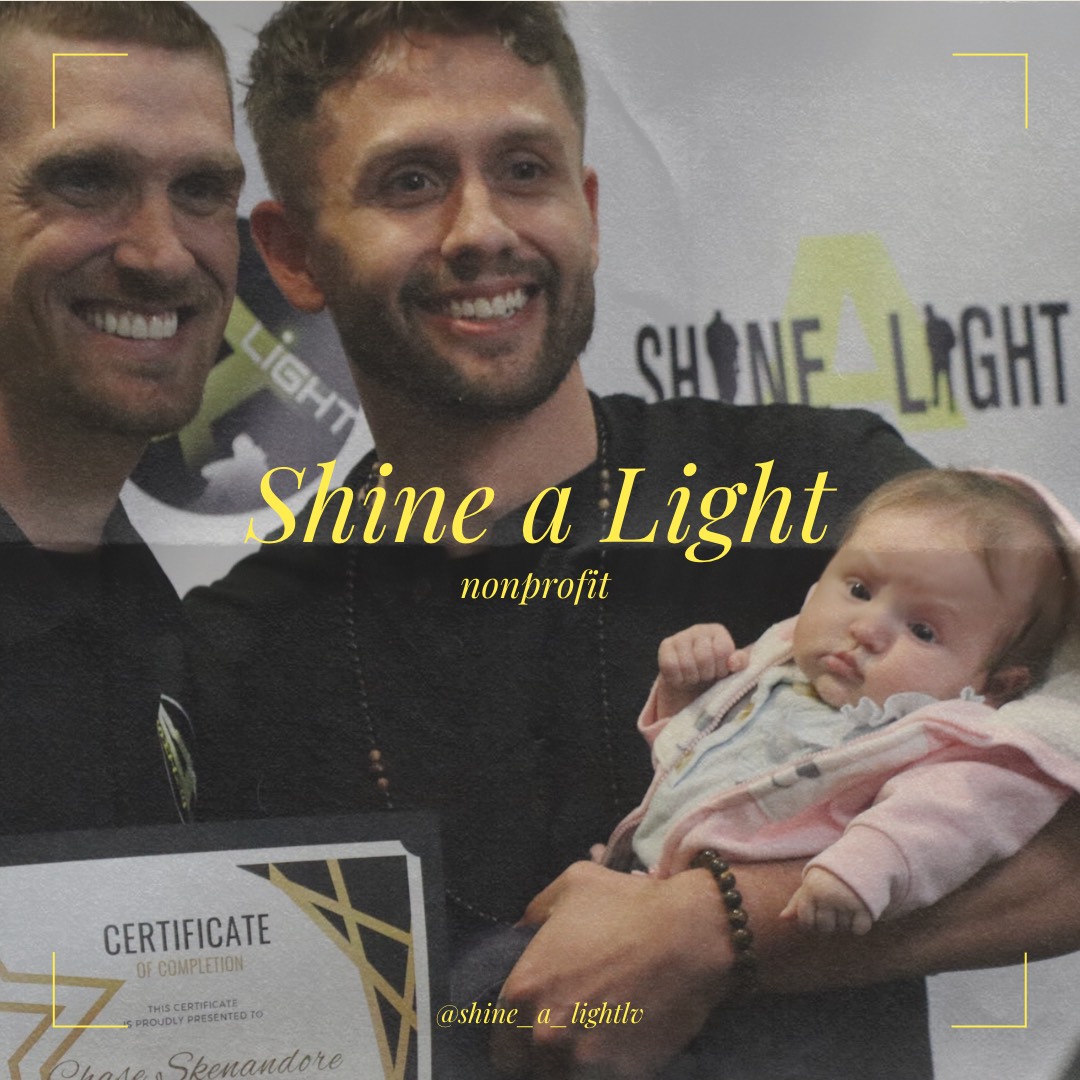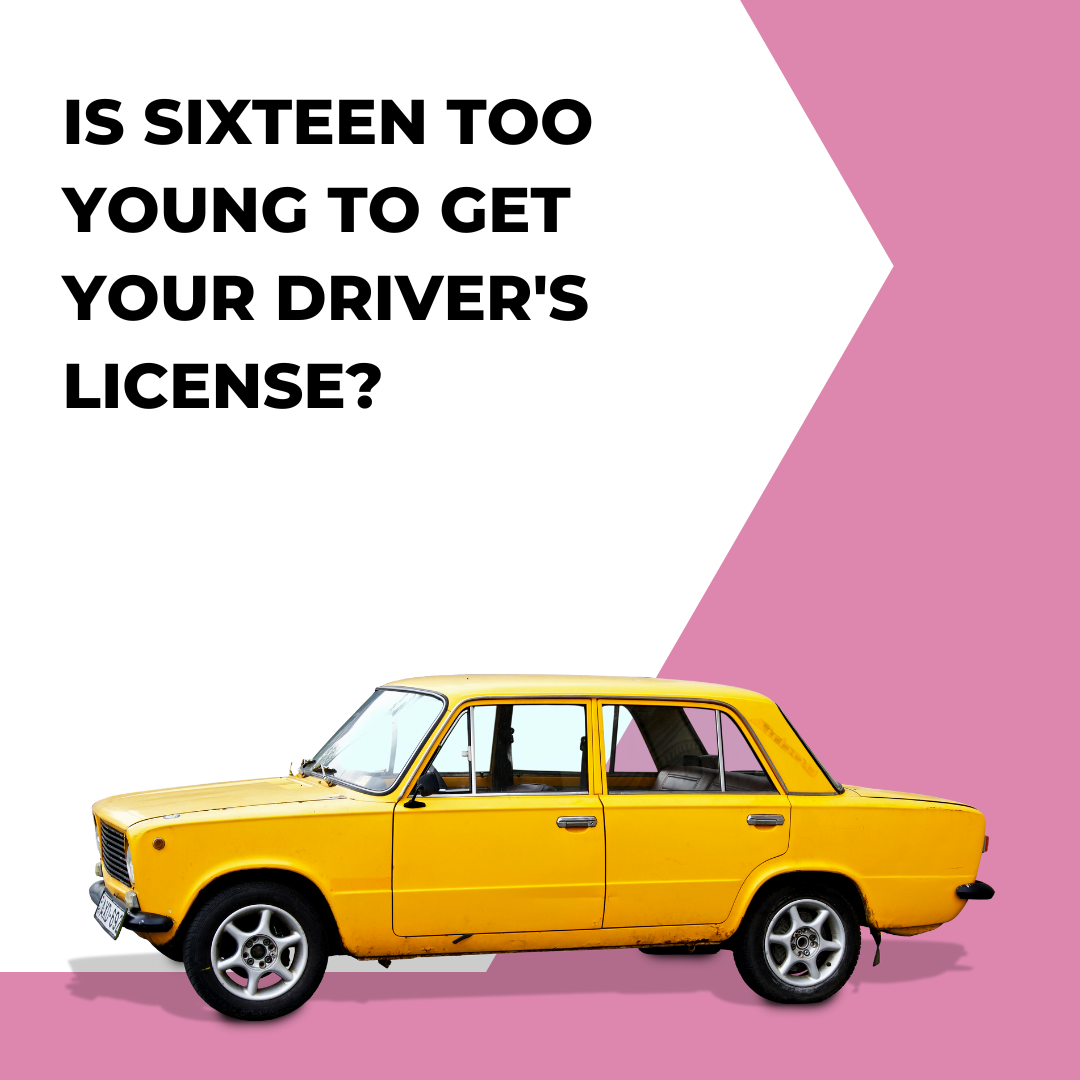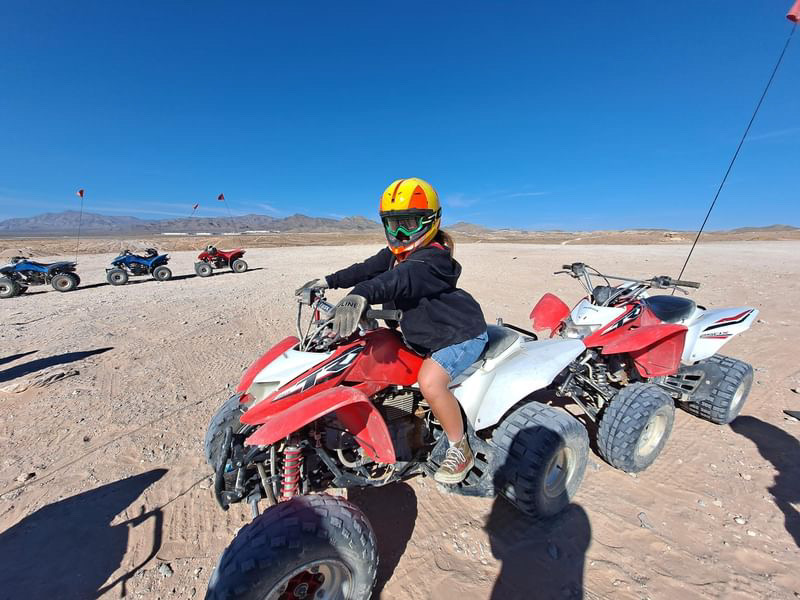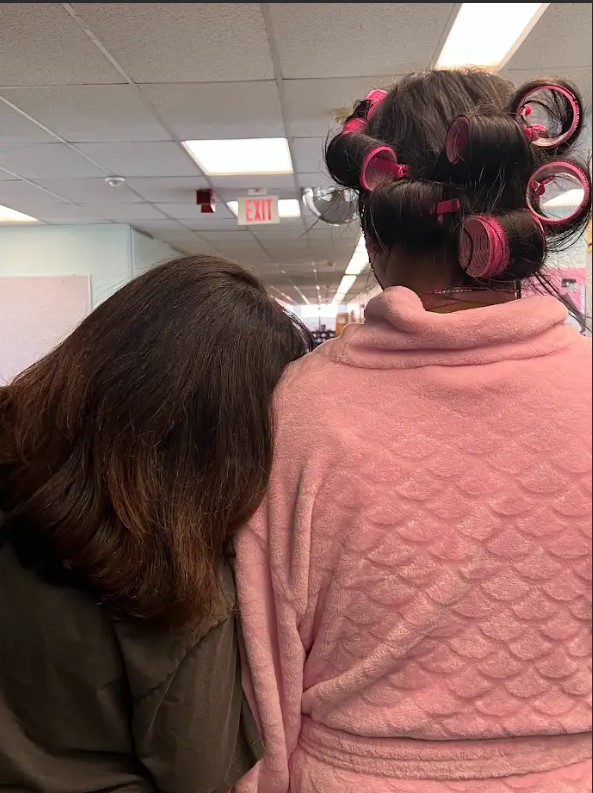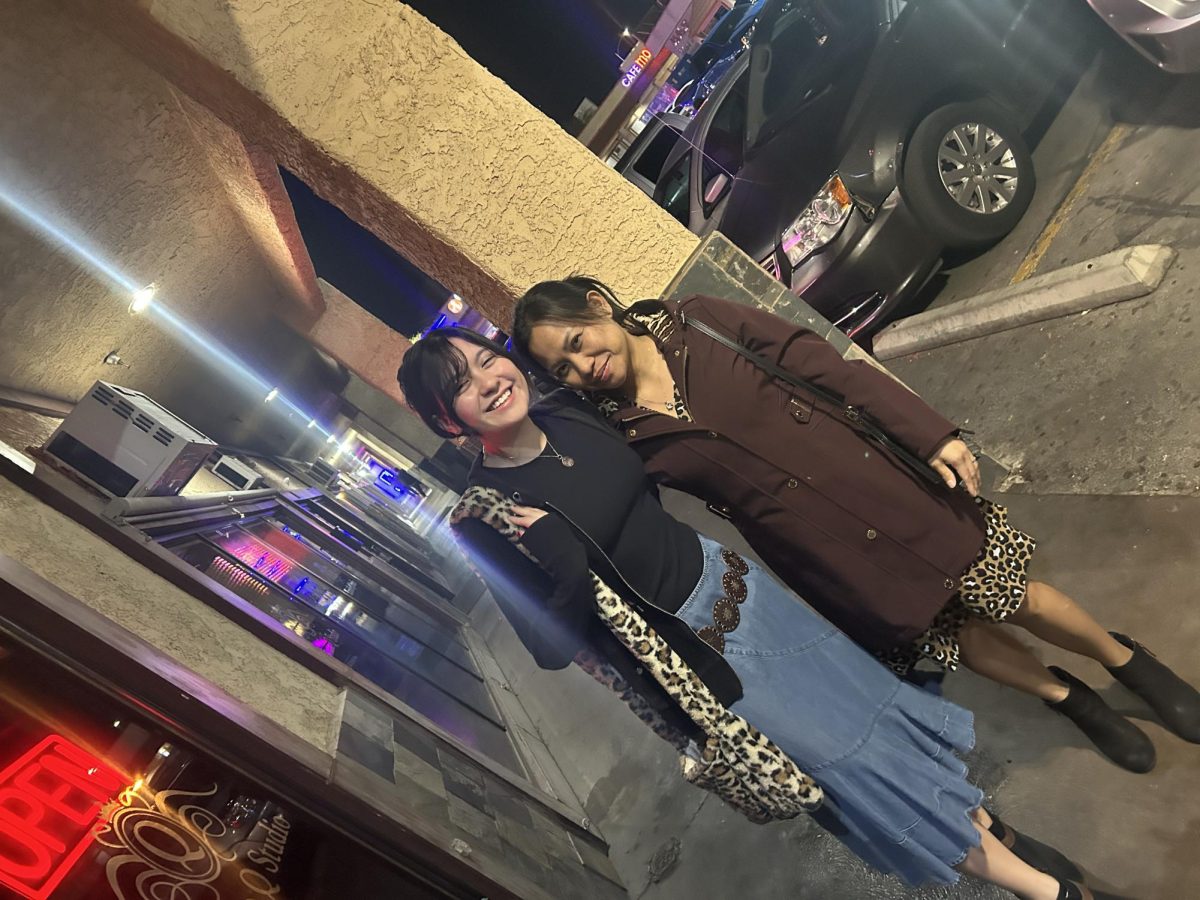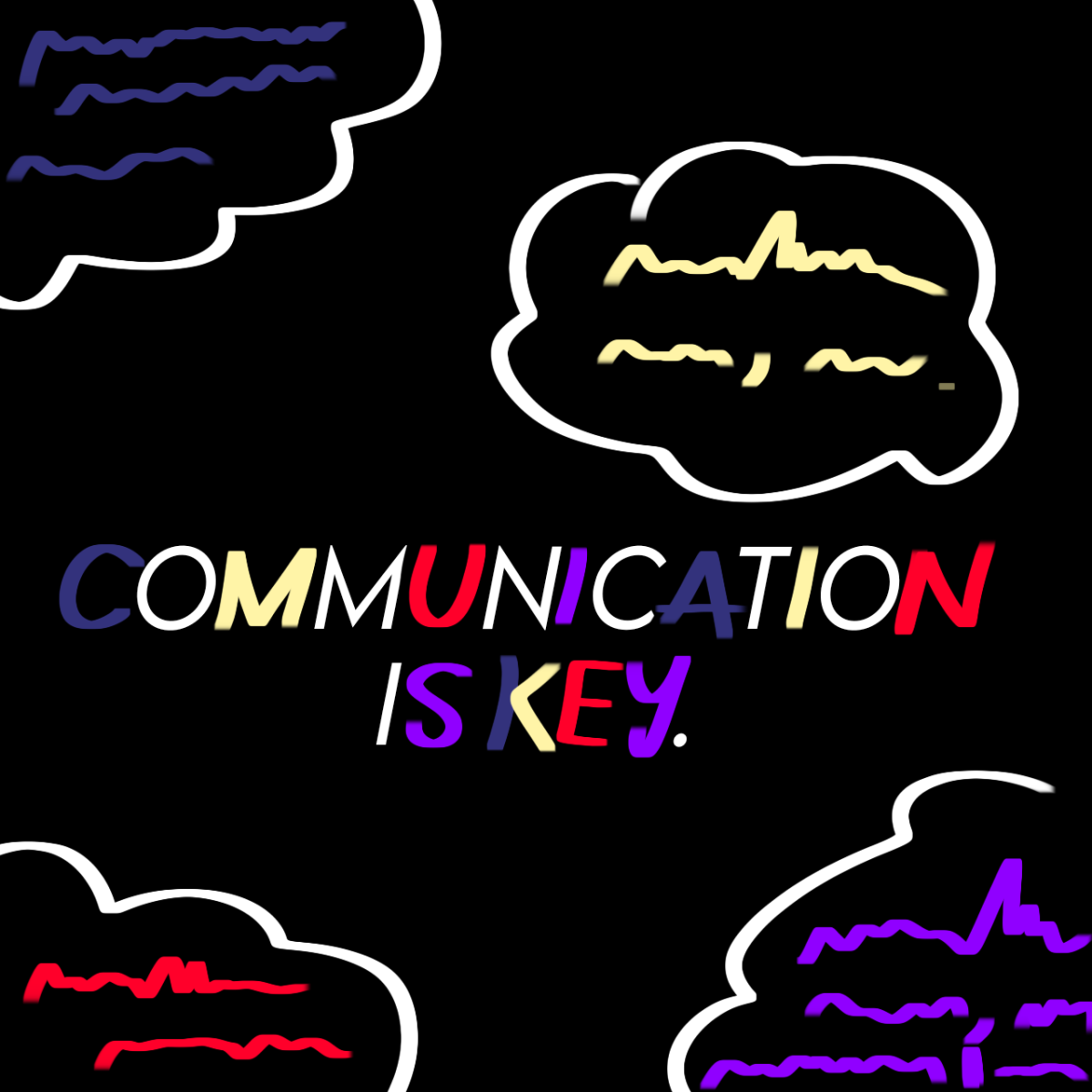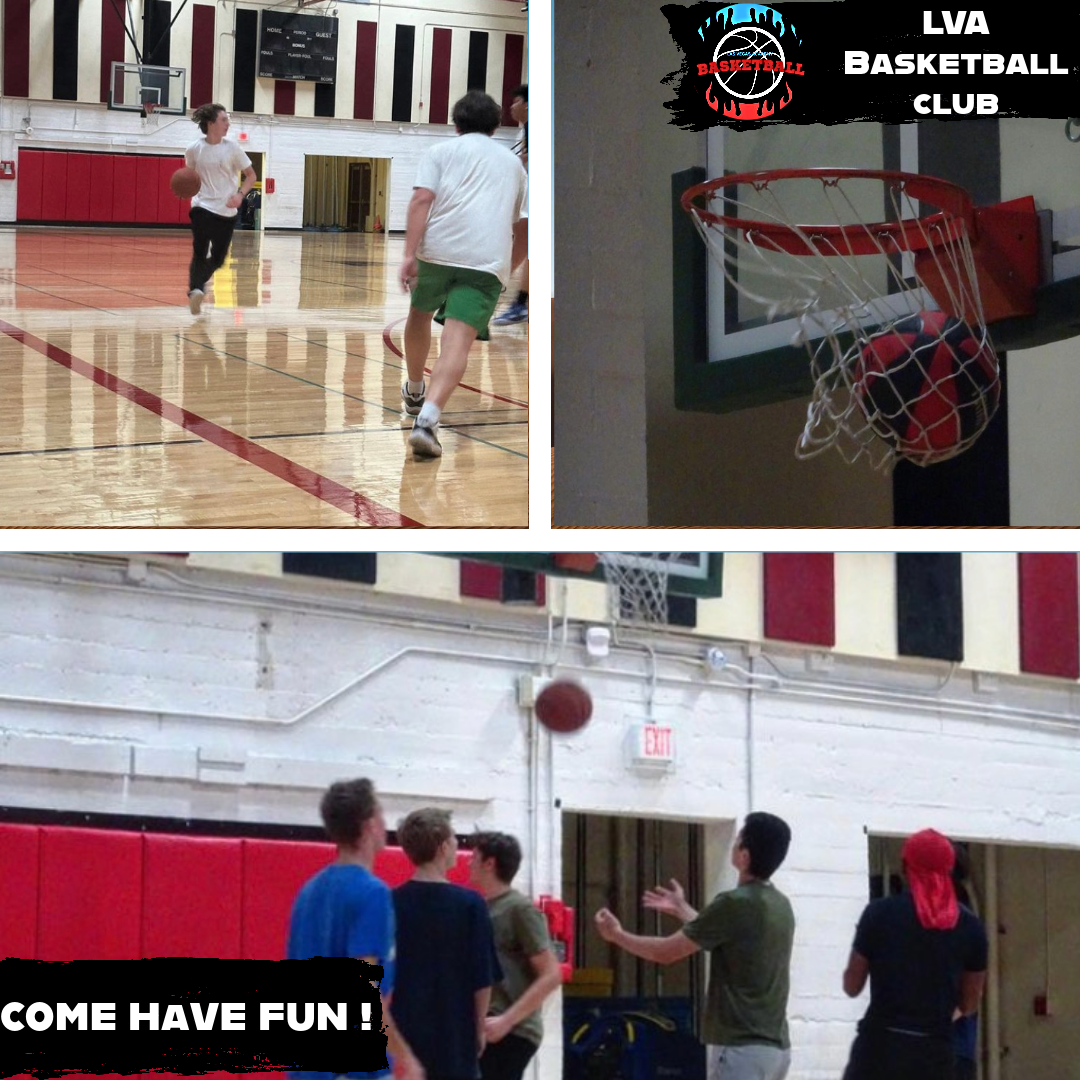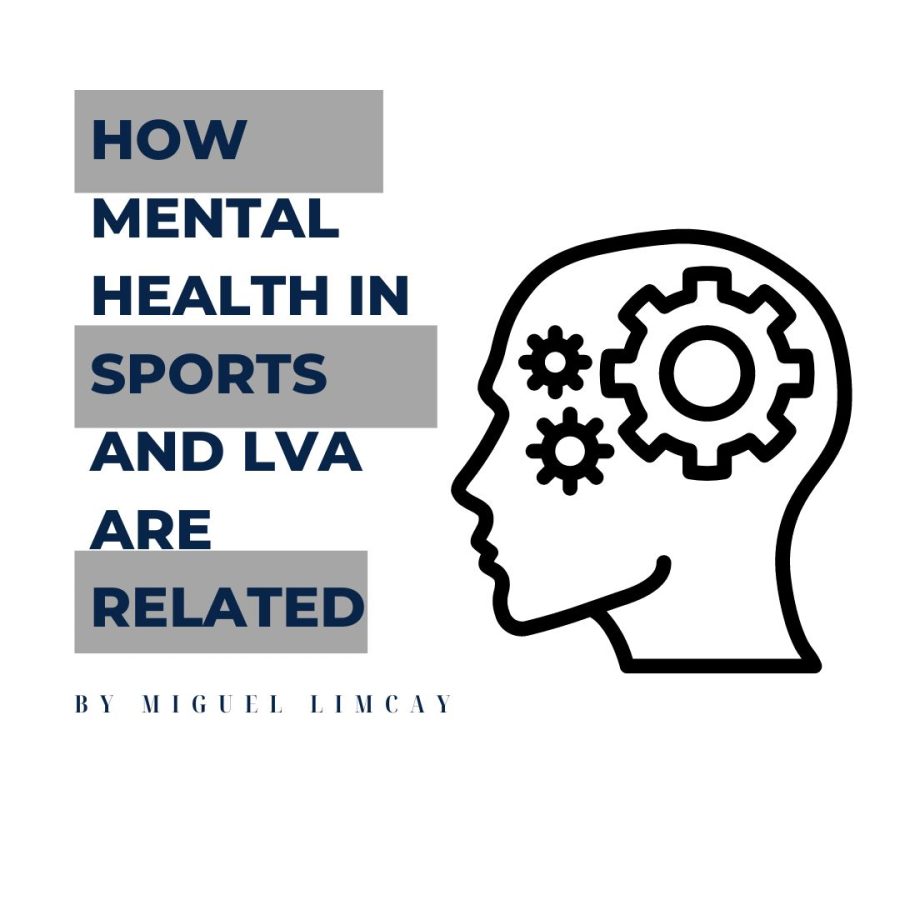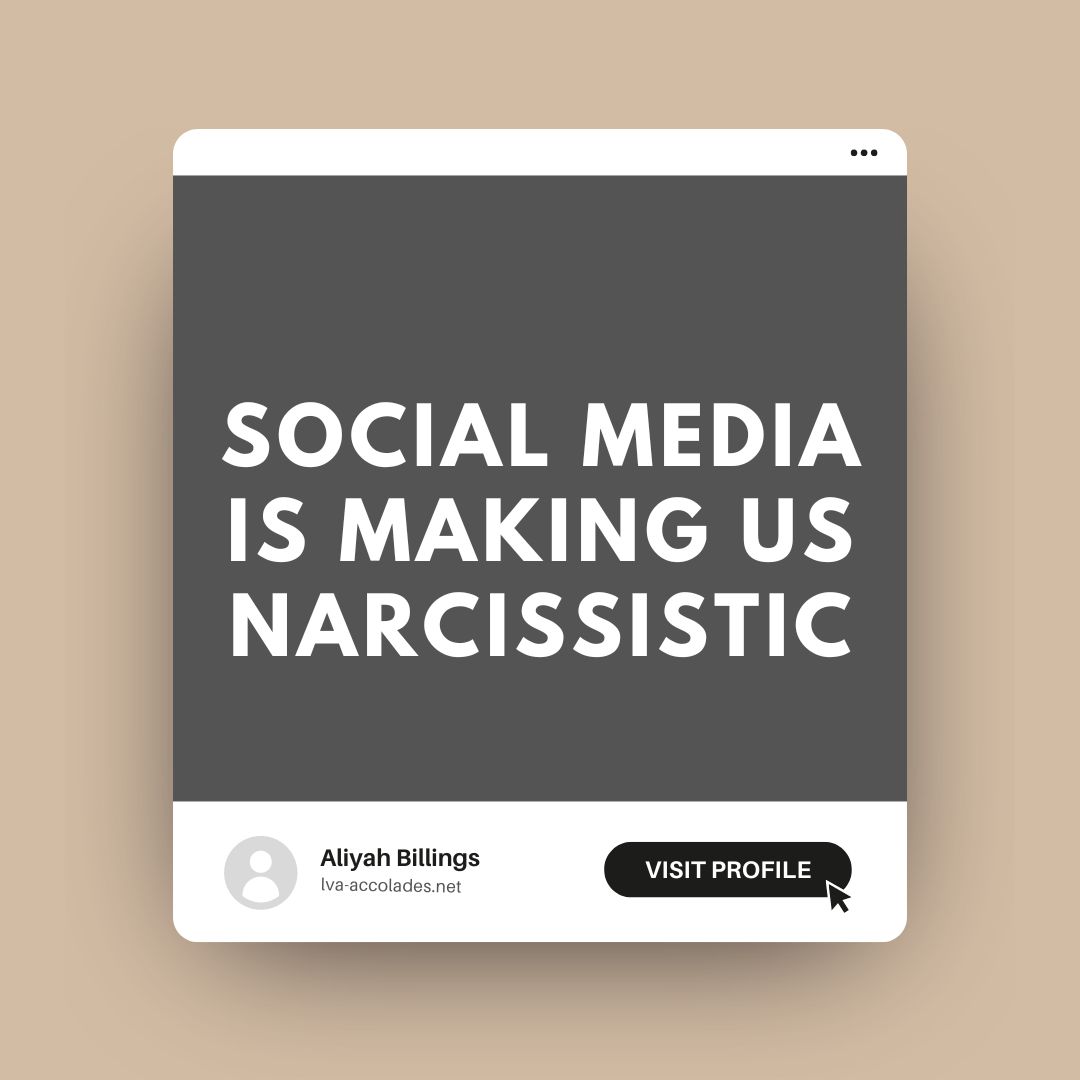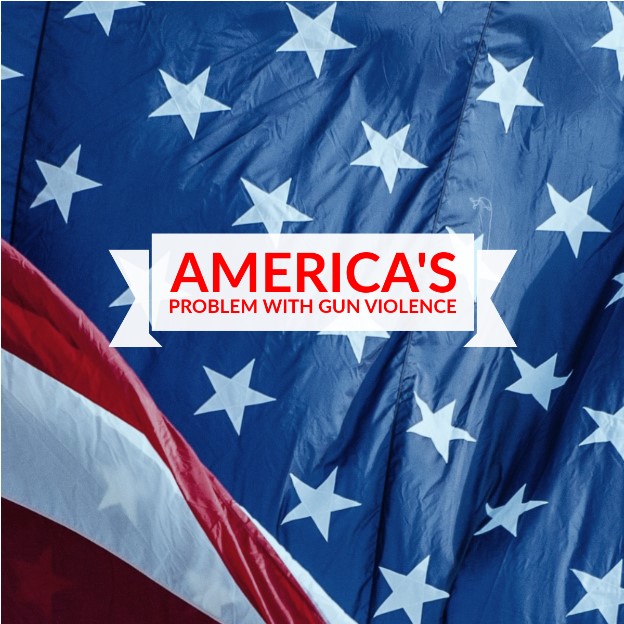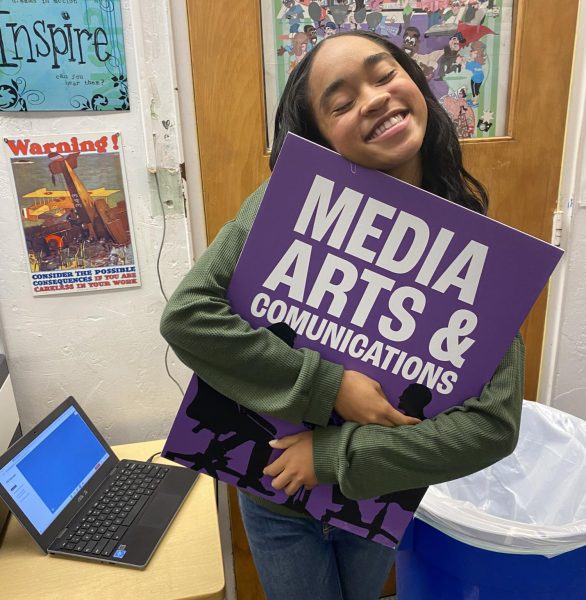In today’s digital world, we are surrounded by social media and technology. As a part of Gen Z, my childhood was a blend of old and new: I had a computer lab in my elementary school that I visited often and a television in my bedroom, yet I still looked forward to playing outside with my neighbors until the streetlights came on and enjoyed the simple things like playing with my Barbies. In contrast, today’s youth seem to constantly have screens in their faces. From toddlers soothed by cartoons on sticky iPads, to elementary students choosing to play on their phones instead of the playground, to middle schoolers navigating social media accounts, the digital age has changed what childhood looks like.
This new digital age is harmful, and constant presence on social media has so many harmful effects, one of them being an increase in narcissism, especially in young people.
But before we dive into how social media is manifesting this personality disorder, you need to understand what narcissism is. Although some levels of narcissism can be normal and do no harm, the term “narcissist” is used only to refer to people whose narcissistic traits have gone past unhealthy levels. There are two kinds of narcissism: grandiose and vulnerable narcissism. According to Very Well Mind, grandiose narcissism is a pattern characterized by exaggerated feelings of superiority, entitlement, self-importance, an obsessive need for admiration, and a lack of empathy toward others, whereas vulnerable narcissists are often more passive, isolated, distrustful, and sensitive to rejection and shame.
A study done by Jessica L. McCain and W. Keith Campbell from the University of Georgia found that grandiose narcissists (described as sensitive to and motivated by potential reward rather than by potential punishment), “create a tendency toward approach-oriented social behavior, which can explain why those high in grandiose narcissism make more content—especially self-promoting content —with relatively little concern for privacy.” In other words, these people care more about getting rewards than avoiding punishment. This makes them act in ways that help them get closer to things they want. Vulnerable narcissists, who are motivated by both seeking rewards and avoiding punishment, “are more cautious about receiving praise, showing more concern for privacy, and putting more effort into impression management (i.e., taking multiple selfies before picking one and cropping and editing pictures).”
Social media used to be mainly about staying in touch with loved ones, but its purpose has shifted. It has become more of a form of entertainment. It is everywhere in the lives of young people, and the constant exposure to social media has altered their behavior and thoughts. This makes the spread of narcissistic tendencies worse. In The Narcissistic Epidemic: Living in the Age of Entitlement, Twenge, W. Keith Campbell says, “In data from 37,000 college students, narcissistic personality traits rose just as fast as obesity from the 1980s to the present.” Comparing narcissism to obesity shows just how big the spread of narcissism is. Campbell also says that the belief that people often utilize Facebook “to look important, look special and to gain attention and status and self-esteem. The issue with this is that everyone paints an unrealistic picture of their life that can be harmful to both the person posting and also their followers. Understanding this is important so that we can manage how technology impacts mental health today.
Lastly, from a psychological perspective, Mr. Juan Placencia who has a bachelors and masters degree in psychology from UNLV, noted that social media interactions trigger a release of dopamine, a feel-good chemical in the brain. However, this happiness can be fleeting, and when social media is taken away, it can lead to feelings of depression and other negative emotions. Because of how easy it is to get addicted, especially for young people, I think social media should only be accessible to individuals 13 or older. Children younger than 13 years old are still learning the ability to read social cues, their impulse control, and their vulnerability to criticism or rejection. While we can’t dictate when parents should give their kids a phone or control the actions of private companies, social media platforms need to improve how they enforce age restrictions and shut down accounts of users who are younger than 15 to shield them from the dangers of social media that prey on their self-image, their hormones, or their attention span. I think this should look like social media platforms requiring a parent to cosign onto the social media account of their child. These platforms could adopt similar practices like the DMV or even opening a bank account for a minor and require that a parent or guardian be the primary account holder, and when the child turns 16, the account can be released from under the parents. Along with that, charging a one-time fee of $5.00 per account would not only help to get rid of social media bots that post political campaigns or inappropriate content, but also make it harder for children to get around these rules. With billions of users already on social media, the money these companies generate would be more than enough to fund jobs for people who can monitor these new policies to ensure that they are being correctly followed. The next generation is our future, and it’s our responsibility to protect them from the harmful effects of excessive social media use.

